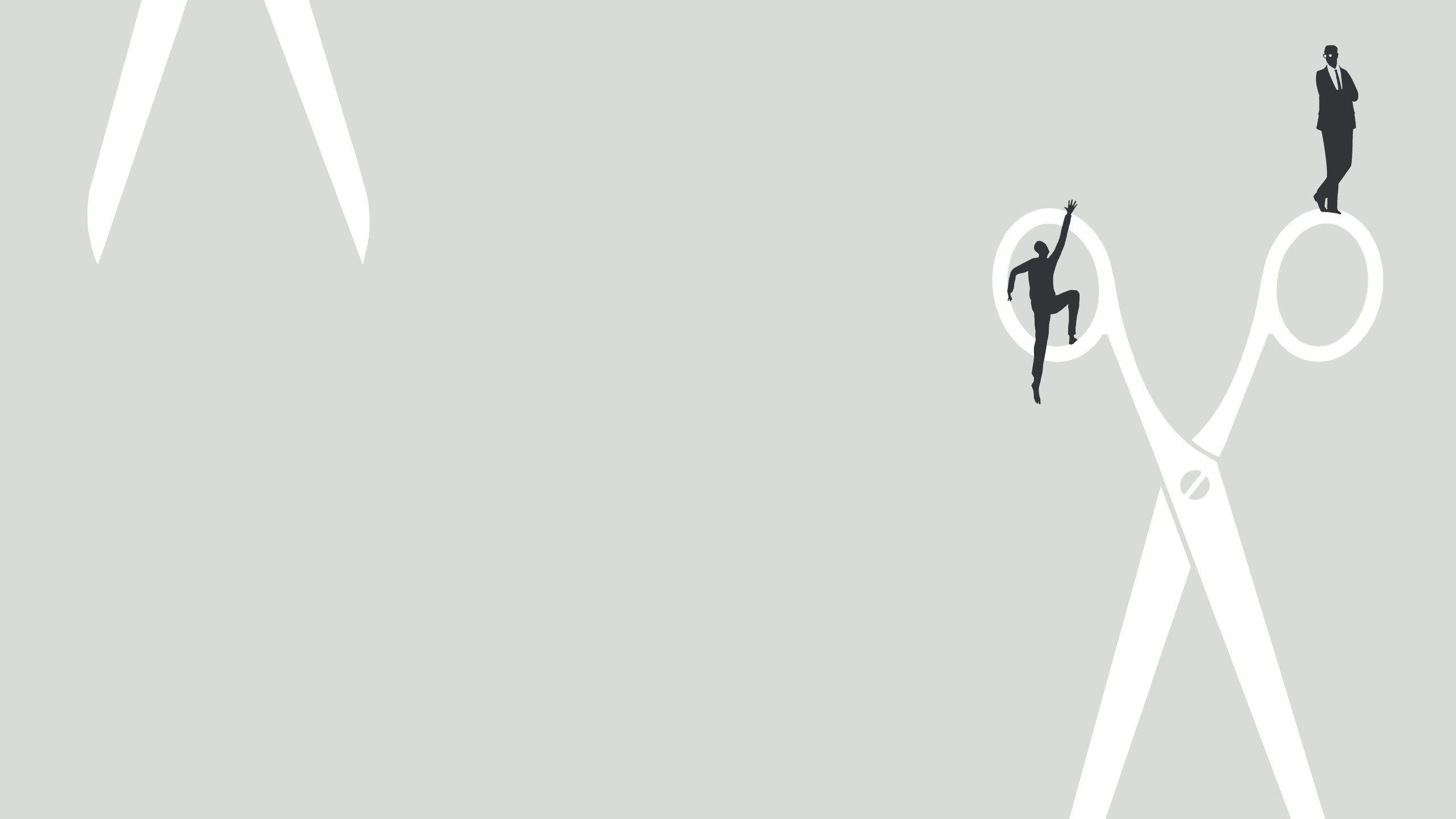
Poor rich world
2019 Dialogue Forums
properties.trackTitle
properties.trackSubtitle
0:00
News and reports
The programme
| 24 January 2019, 19:00: Global poverty – The world in the poverty trap? |
|---|
| Poverty is all around us. In many large cities, people collect bottles with refundable deposits from refuse. We read about child poverty and old-age poverty and see donation appeals on posters with images of starving people in developing countries. But what does poverty mean? What are the differences between the various real-life manifestations of poverty around the world? What milestones have been reached over the last few years in the global efforts to combat poverty? What goals do we have and how can we achieve them? |
| Prof. Jörg Baten, Professor for economic history at the University of Tübingen |
| Uwe Kekeritz, German Bundestag Member, Vice chairman of the Committee for Economic Cooperation & Development |
| Dr. Boniface Mabanza, Expert for development policy, theologist and philosopher |
| Presenter: Luisa Seeling (Süddeutsche Zeitung) |
| 21 February 2019, 19:00: Poverty traps – When risk keeps you poor and poverty keeps you at risk |
|---|
| The people who live in poverty are exposed to the biggest risks. They are highly vulnerable to natural disasters, epidemics and conflict. At the same time, these factors keep people locked in the poverty trap. Where risks are high and incomes are low, nobody can invest in a prosperous future. Is this true? Where do these factors have the most severe impact? Where do we see progress for people in poverty, especially in the fields of resilience building and health? |
| Prof. Regina Birner, Chair of Social and Institutional Change in Agricultural Development at the University of Hohenheim |
| Dr. Sonja Ayeb-Karlsson, Lecturer Global Health, University of Sussex; Senior Researcher, UNU-EHS |
| António Carlos Fernandes Teixeira, Economist at the European Commission |
| Presenter: Andreas Unger (freelance journalist) |
| 12 March 2019, 19:00: Win-win for everyone – Entrepreneurial approaches to bridging the gap |
|---|
| From shop owner to CEO - entrepreneurs bear responsibility. An increasing number of companies are making it their goal to effect a positive change in society. Things are also on the move in developing countries – micro-entrepreneurship is considered one of the keys to success in the global fight against poverty. Medium and large size companies become involved with their investments. How can companies engage in social action under increasingly tougher competitive conditions? Which responsibility do investors bear in developing and emerging markets? |
| Christiane Laibach, Chairwoman of the management board of DEG (German Investment & Development Corporation) |
| Prof. Jann Lay, Head of Research Program "Growth and Development, GIGA German Institute of Global and Area Studies |
| Carolin Silbernagl, Board member of betterplace.org |
| Presenter: Caspar Busse (Süddeutsche Zeitung) |
| 4 April 2019, 19:00: Riester pension flop, Hartz 4 and child poverty – In what direction is Germany heading? What path is the EU on? |
|---|
| In Germany and the EU, poverty is a concrete problem as well. Old-age poverty and child poverty are growing threats for our society. Again and again we hear that the gap between rich and poor is widening. But is there a point in this statement? What are the actual trends for poverty and inequality in Germany? How large is the poverty gap between the different EU member states? What are the consequences for society? How effective is the policy to combat poverty? |
| Prof. Marcel Fratzscher, President of the DIW Berlin (German Institute for Economic Research) |
| Robert Habeck, Federal chairman of Alliance'90/The Greens |
| Kristina Vaillant, Freelance journalist and author |
| Presenter: Alexander Hagelüken (Süddeutsche Zeitung) |
| 9 May 2019, 19:00: Poor in the affluent city – Living to survive in Munich |
|---|
| Munich is one of the richest cities in Germany – At the same time, living costs have increased dramatically over the last few years. The rent level is at an all-time high and not everyone can keep pace with the trend. People with low incomes are being squeezed out of their residential areas. Even in Munich a number of people is living on the streets. How is their reality of life? What are local politicians doing to prevent gentrification and urban poverty? What concepts can prospectively ensure greater justice in our city? |
| Karin Lohr, Chief executive officer of BISS e.V. |
| Dieter Reiter, Mayor of Munich |
| Prof. Sophie Wolfrum, Urbanist and former Professor for urban and regional planning at the TU Munich |
| Presenter: Nina Bovensiepen (Süddeutsche Zeitung) |
| Dialogue Forum special 6 November 2019, Socially committed in Munich - For social justice in a wealthy city |
|---|
| Even in affluent Munich, many people have social problems. How can local politics counter this? What scope for action do social enterprises have? This Dialogue Forum special with the Social Entrepreneurship Academy and the Strascheg Center for Entrepreneurship at the Munich University of Applied Sciences looked for answers. |
| Rüdiger Heid, “buntkicktgut” intercultural street football league |
| Dorothee Schiwy, Social Welfare Officer Munich |
| Jasmin Seipp, “Über den Tellerrand” café |
| Presenter: Julia Pfinder, process guide and organisation consultant |





